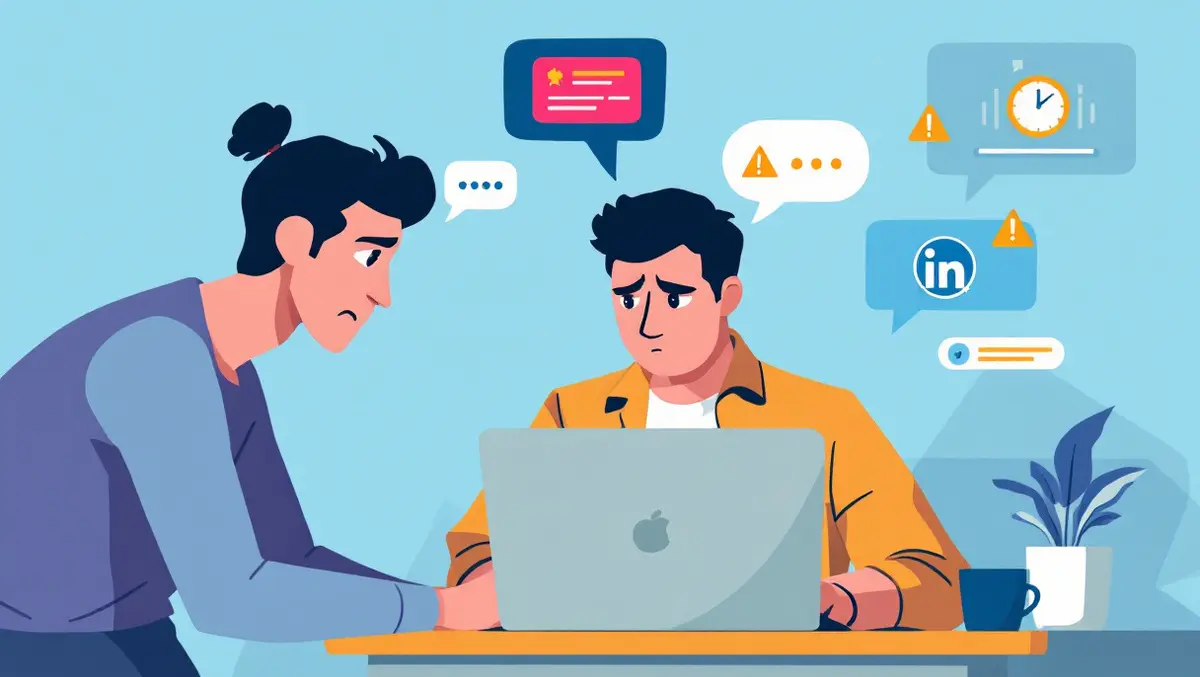
Cyber experts urge parental controls as teen online risks rise
Norton experts are drawing attention to the need for parental controls and cybersecurity solutions in response to digital risks faced by teenagers, as depicted in Netflix's recent series, Adolescence.
The popular series Adolescence has brought renewed focus to the challenges teenagers confront online, including cyberbullying, social media pressures, and digital privacy concerns. According to Norton, these issues are not confined to fictional characters but have real-life implications for millions of young people worldwide.
Experts from Norton emphasise that as teenagers spend increasing amounts of time in digital spaces such as social media platforms, online games, and messaging applications, they are exposed to risks that include inappropriate content, identity theft, and cyber harassment. These digital threats can have significant effects on teens' emotional wellbeing and online privacy.
The rise in cyberbullying, which can occur at any time due to the always-available nature of online interactions, poses particular concern. Parents may be unaware of such incidents, making it more difficult to intervene promptly or provide necessary support.
Norton's cyber safety experts recommend that families use parental control tools—such as the company's Norton Family product—to encourage a safer online experience for children. These tools give parents the ability to review search histories and viewed content, monitor for age-appropriate material, and set limits on screen time.
"Being a parent is difficult, especially in an age where children are constantly connected online. While it's not the only solution to the challenges of parenting a teen, there are technologies that can help protect the digital wellness of young people online, such as Norton Family," said Leyla Bilge, Global Head of Scam Research at Gen.
She added, "Understanding what your children are doing online can help spur open dialogue about online dangers. These regular conversations about cybersecurity can help young people be better prepared to navigate the digital world."
Norton's experts highlight the importance of open family discussions about online habits and safety, suggesting that communication can play a key role in guiding teenagers toward responsible digital behaviour. They recommend that parents make use of available cybersecurity tools but also foster a relationship of trust that allows for honest conversation about digital risks.
To support parents in navigating these issues, Norton has outlined a series of practical steps. These include regularly discussing online risks with children, such as identity theft and privacy protection, utilising parental control software to manage device usage, and helping teenagers maintain a balance between their online and offline activities to avoid digital dependency.
"Talk about digital risks: Have regular conversations with your kids about online risks, including identity theft, cyberbullying, and protecting their privacy," the experts advise. "Use parental control tools: Tools like Norton Family allow parents to monitor their children's online activity and block inappropriate content, helping foster responsible technology use. Set healthy screen time limits: Help your kids balance their time between online and offline activities to avoid digital dependency issues. Encourage online privacy: Teach your kids not to share personal information on public platforms and to protect their social media profiles."
For teenagers themselves, Norton suggests several precautions, such as being mindful about what they post online, maintaining strong and unique passwords, refraining from responding to hurtful online communications, and keeping social media profiles private. The company also encourages young people to seek support from trusted adults or professionals if they experience uncomfortable or harassing online situations.
Practical guidance for teens includes: "Think before you post: Before sharing something online, ask yourself if you really want everyone to see that information. Remember, once you post something, it can stay there forever. Protect your passwords: Use strong, unique passwords for your accounts. Don't share them with anyone and consider enabling two-factor authentication for added security. Don't respond to hurtful messages: If you receive hurtful or aggressive messages, don't respond. Talk to a trusted adult, such as a parent or teacher, and block the person who is harassing you. Keep your profile private: Adjust your social media privacy settings to control who can see your personal information. This will give you control over what you share and with whom. Remember you're not alone: If you ever feel uncomfortable or harassed online, know that help is always available. Talk to your parents, a trusted friend, or even a professional if needed."


